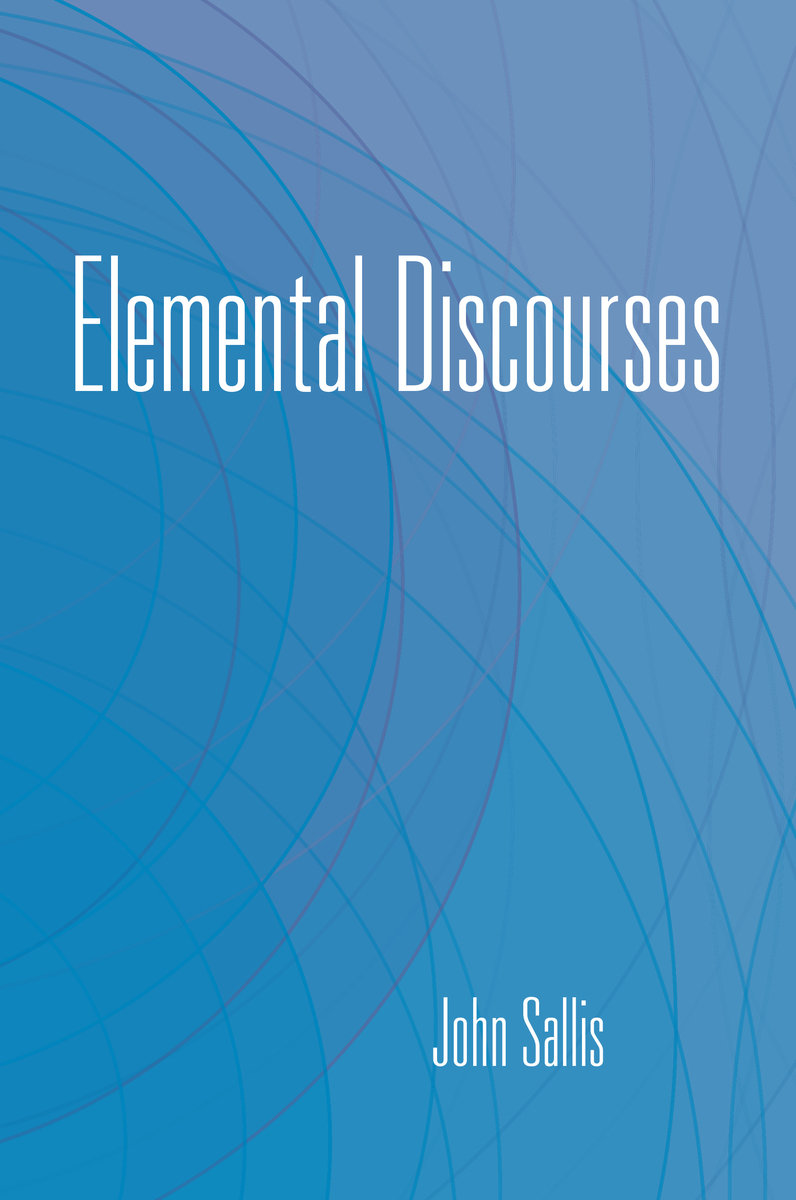John Sallis's thought is oriented to two overarching tasks: to bring to light the elemental in nature and to show how the imagination operates at the very center of human experience. He undertakes these tasks by analyzing a broad range of phenomena, including perception, the body, the natural world, art, space, and the cosmos. In every case, Sallis develops an original form of discourse attuned to the specific phenomenon and enacts a thorough reflection on discourse itself in its relation to voice, dialogue, poetry, and translation. Sallis's systematic investigations are complemented by his extensive interpretations of canonical figures in the history of philosophy such as Plato, Aristotle, Kant, Schelling, and Hegel and by his engagement with the most original thinkers in the areas of phenomenology, hermeneutics, and deconstruction.


